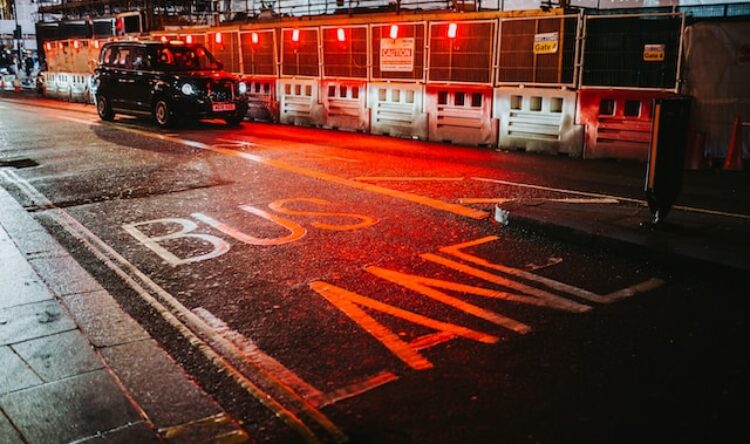Budget battles
New chancellor announces huge tax cuts to stimulate growth
The Chancellor of the Exchequer Kwasi Kwarteng has announced £45 billion of tax cuts.
It represents the biggest tax cut since the doomed budget of 1972.
Budget bonanza
In total, it’s believed the ‘mini’ budget will cost the exchequer around £100bn when the energy support package is included. It seems this will be paid for by borrowing in the short-term. However, this comes at a point where costs of borrowing are at new highs and rising, little was forthcoming about how the cuts will be paid for. The basic thinking by the government is that in the short-term it will encourage growth and investment. This in turn could bolster national income and treasury take. However, the announcement saw the pound fall further against the dollar and the Euro.
In 1972, the then chancellor of the exchequer, Anthony Barber, delivered his now infamous “Barber boom” budget injecting the then unheard-of amount of £1.8bn into the economy.
Cuts
Kwarteng moved to axe the additional 45% income tax band, cut the basic rate of income tax to 19%, scrap plans for a hike in corporation tax, reverse next April’s planned 1.25% National Insurance increase and abolish a cap on bankers’ bonuses.
The biggest beneficiaries by far will be the wealthy. According to the Resolution Foundation, almost two-thirds (65%) of the gains from personal tax cuts announced will go to the richest fifth of households: Almost half (45%) will go to the richest 5% alone, while just 12% of the gains will go to the poorest half of households.
Addressing Parliament this morning, Kwarteng said: “The Prime Minister has acted with great speed to announce one of the most significant interventions the British state has ever made.
“People need to know that help is coming. And help is indeed coming.”
The gamble
Carl Emmerson, deputy director at the IFS (Institute for Fiscal Studies), warned that the government’s tax cutting plans were “a gamble on growth that may not pay off”.
“While we would get to enjoy lower taxes now, ever-increasing debt would eventually prove unsustainable,” he said.
“The government is choosing to ramp up borrowing just as it becomes more expensive to do so in a gamble on growth that may not pay off.”
The UK currently has the lowest level of international investment across the whole G7. The market reaction to the ‘mini-budget’ has sen the value of the pound fall again on international money markets. They continue to suffer a lack confidence in the UK economy.
Yesterday theBank of England moved to increase interest rates by 0.5% to 2.25% in a bid to stem inflation. A further rise is expected in November.
However, Kwarteng says the measures being taken would “reduce peak inflation by around 5ppts”. Furthermore, he claims “it will reduce the cost of servicing index-linked government debt and lower wider cost of living pressures.
The Chancellor added: “Our aim, over the medium term, is to reach a trend rate of growth of 2.5%.
“And our plan is to expand the supply side of the economy through tax incentives and reform.
“That is how we will deliver higher wages, greater opportunities, and crucially, fund public services, now and into the future.”





